Other Books
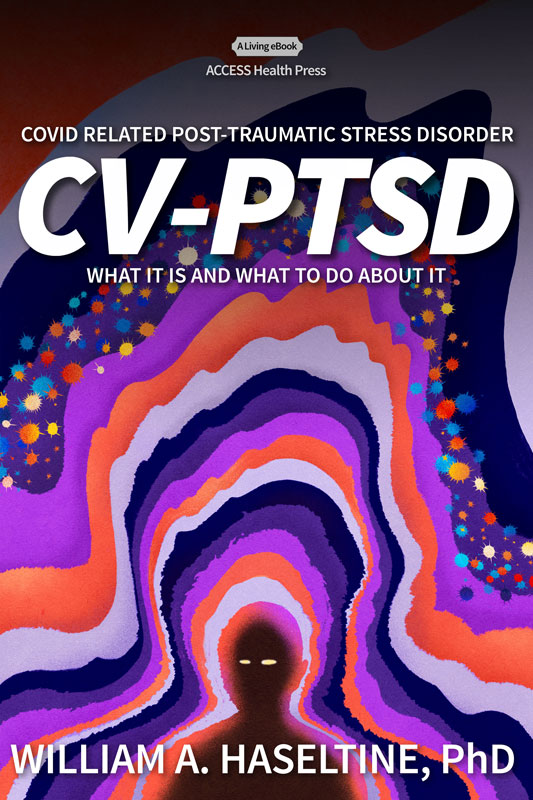
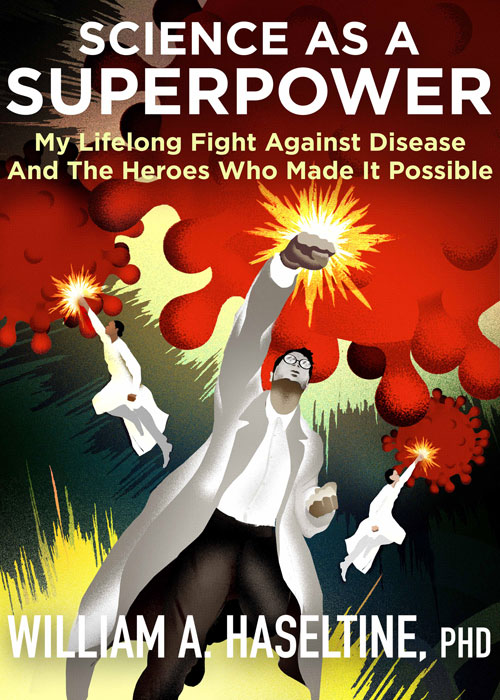
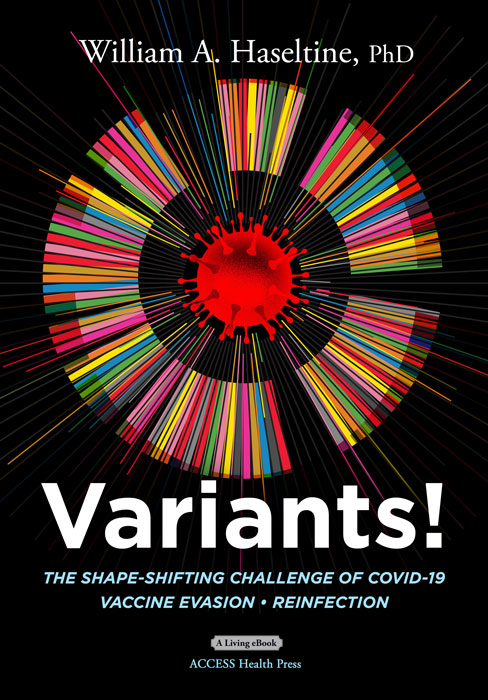

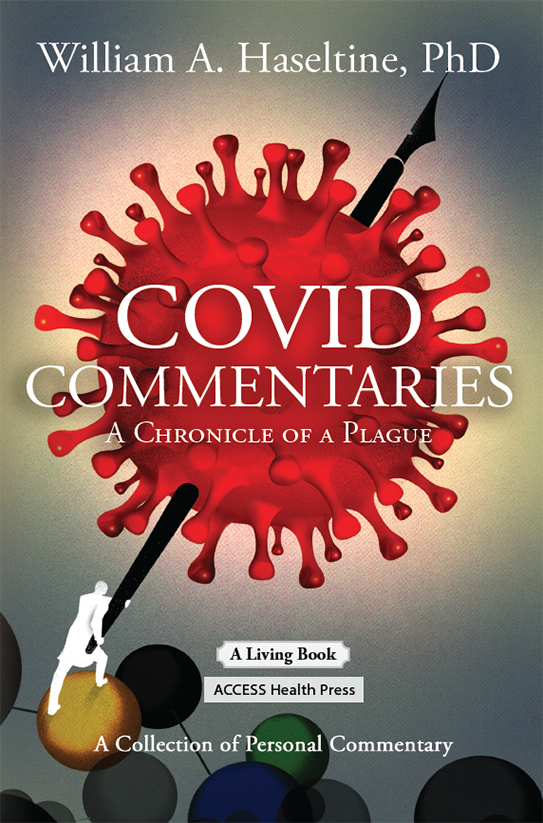
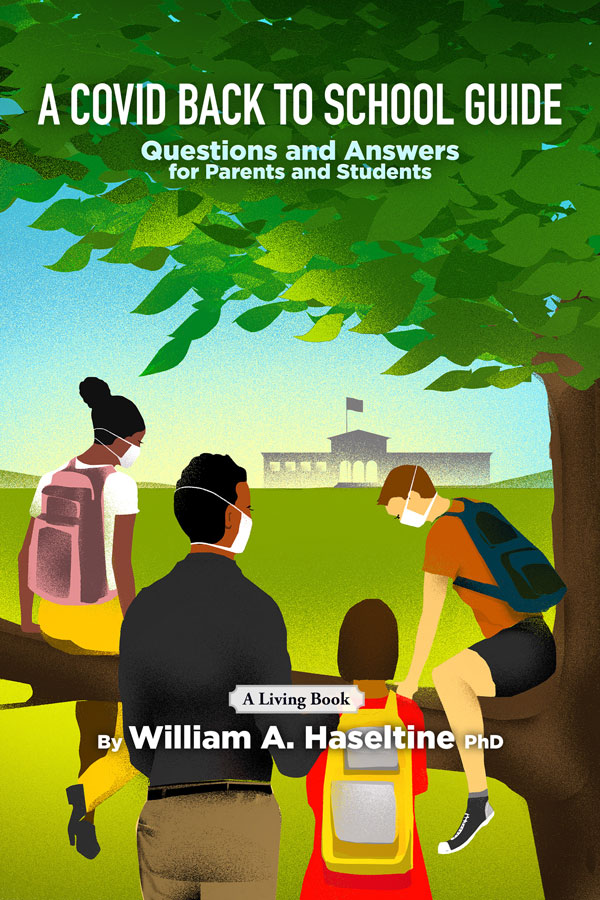
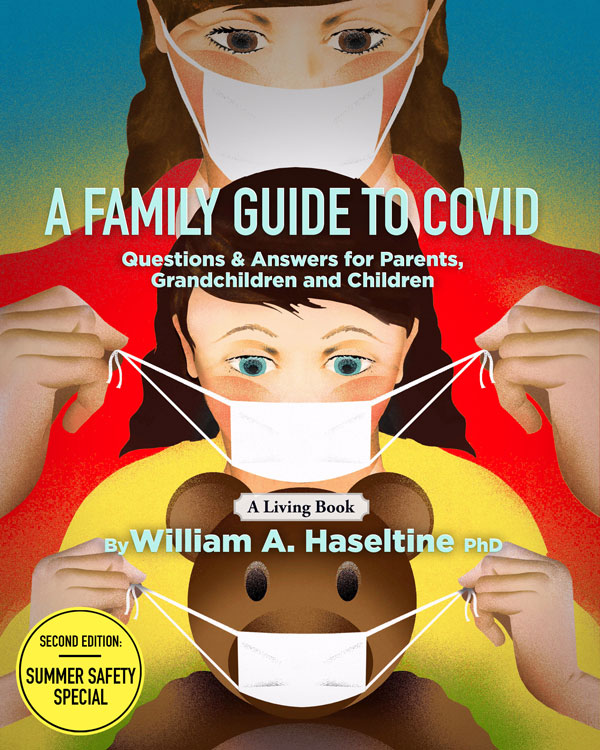
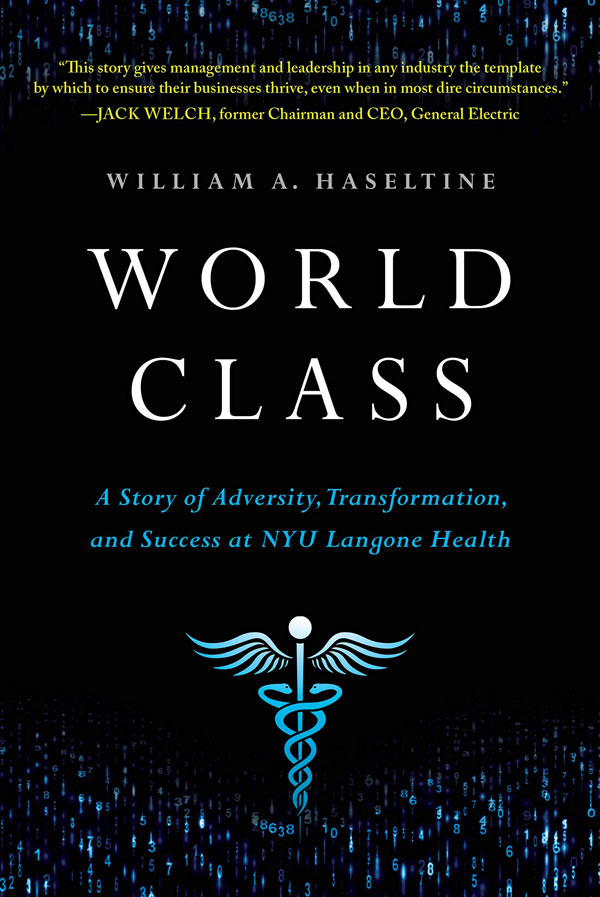
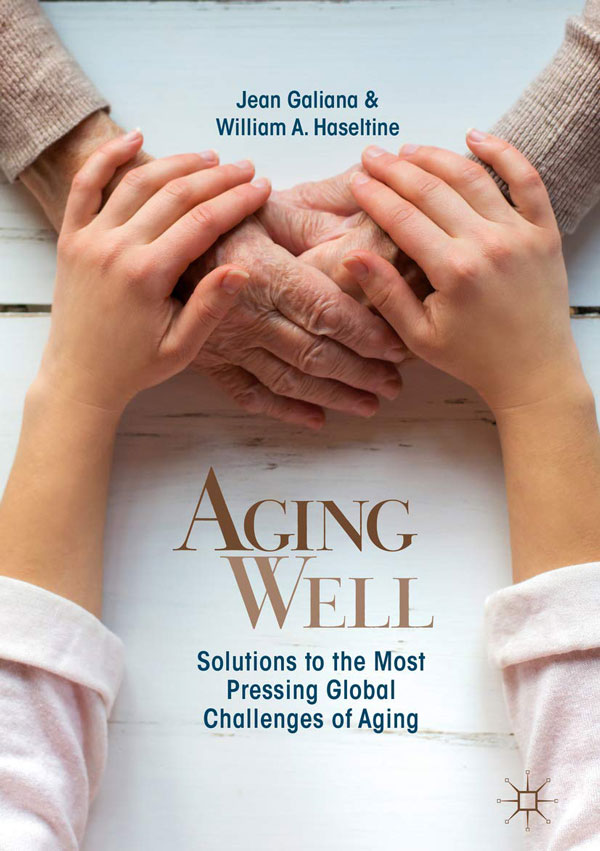
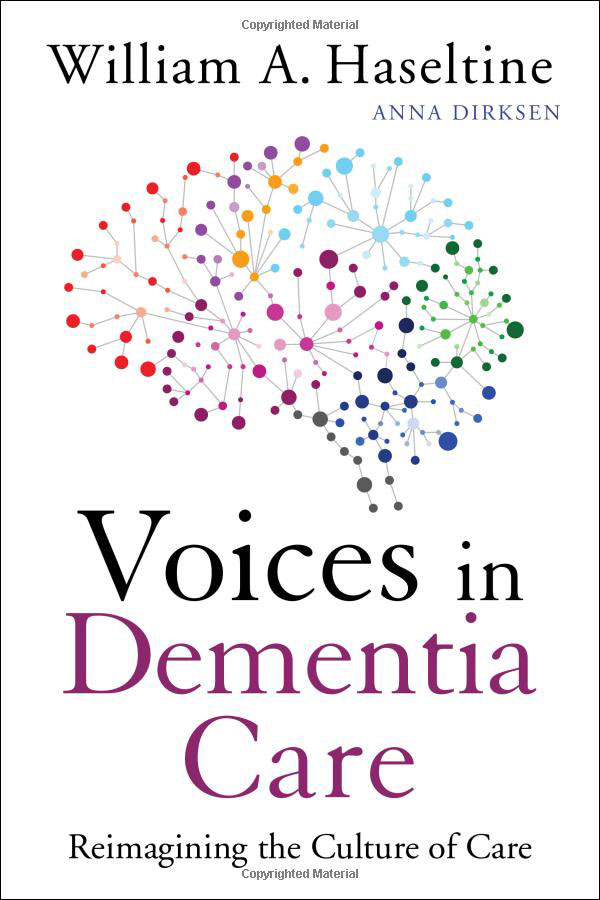
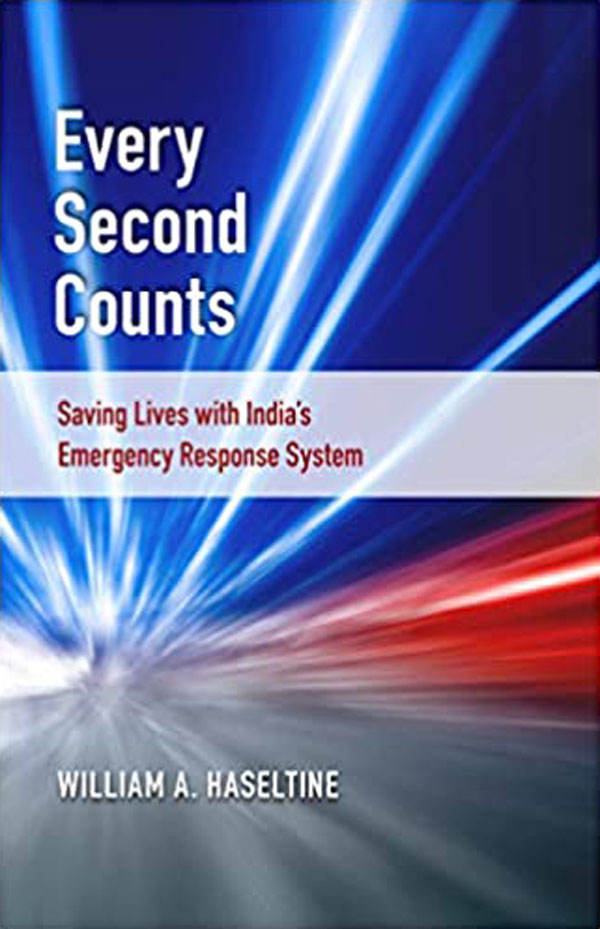
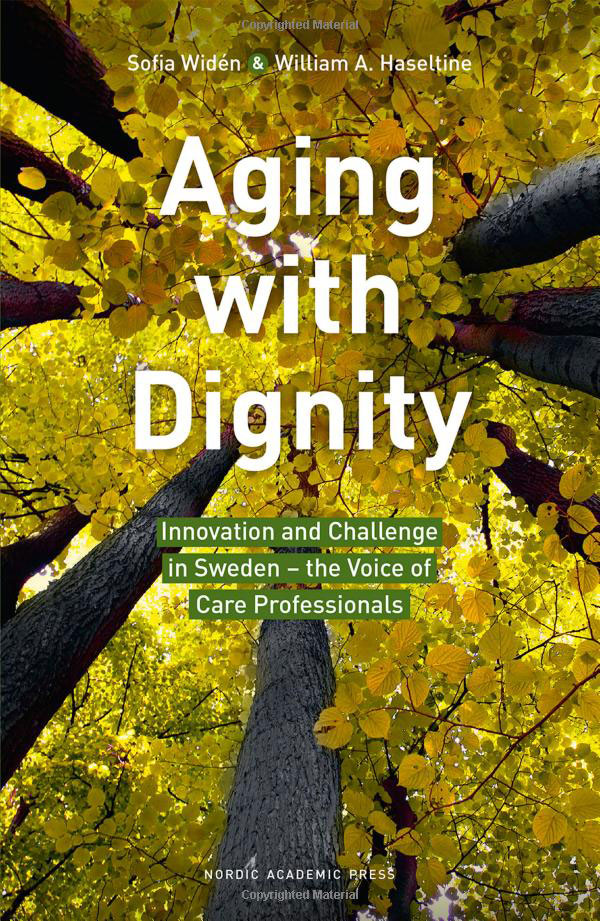
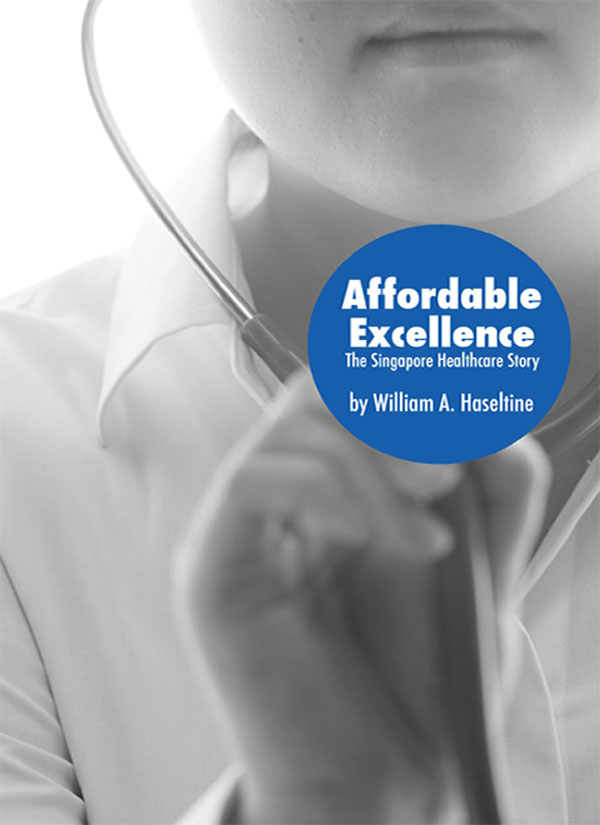
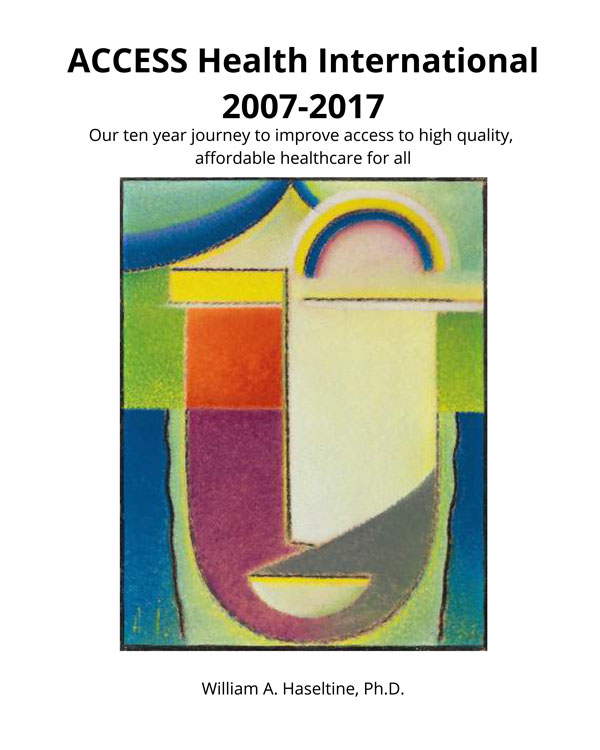

CV-PTSD
In CV-PTSD: What It Is and What To Do About It, bestselling author William A. Haseltine gives us a name for the trauma we have experienced throughout the pandemic, both individually and collectively: Covid Related Post Traumatic Stress Disorder (CV-PTSD). In addition to outlining the shape of our shared experience, the book also lays out a comprehensive road map to help us plot a course to rebuild our societies, better and healthier than they were before.
CV-PTSD encompasses the full effects of all we've endured over the past year and half, which is manifested daily in rising rates of depression, anxiety and drug addiction, the ongoing loss of academic opportunities for the young, as well as the widening fissures, political and cultural, within society. These problems-social, emotional, economic, political-will not be remedied quickly. We will be living with the effects for many years to come.
The book makes the case for CV-PTSD to be a diagnosable disorder in the classification of disease. Officially naming and coding the diagnosable condition is a first step towards developing treatments and therapies, making these treatments available to patients and communities at an affordable price, and moving beyond purely medical solutions, to also embrace a socio-economic approach to mental health.
Each chapter of the book explores the effects of the pandemic on different groups, such as schoolchildren, parents, healthcare workers, and caregivers. Taken together, the work is an urgent call to action for policymakers, healthcare leaders and patients themselves to recognize the symptoms of our shared experience and to find new opportunities to rebuild society more completely and compassionately than before.
CV-PTSD is a Living eBook, updated regularly with new information as it unfolds.

Science As a Superpower
When you think about superheroes, what comes to mind? Muscle-bound men and women adorned in capes or hi-tech armor? Superhuman abilities like flying or x-ray vision? It’s unlikely you thought of people in white lab coats looking through microscopes. But in real life, science is the most powerful superpower in the world. Think about it. Scientists have used their powers to make the once impossible happen: cure diseases, extend human life, feed the world, and bring us to outer space and beyond. They are, indeed, modern-day superheroes, saving and improving millions of lives.
Dr. William Haseltine discovered the power of science at an early age. And now in his latest book, Science as a Superpower: My Lifelong Fight Against Disease and the Heroes who Made it Possible, he shares his love of science with the hope of inspiring young people to pursue a life in science and someday make their own contributions to improve human life. Woven throughout are stories of his work with some of recent history’s biggest scientific heroes, and of his many successes (and failures) as he learned how to harness the superpower that is science to build a successful—and deeply impactful—career of his own.

Variants!
As the world moves into the second year of the Covid-19 pandemic, SARS-CoV-2 variants are now the fundamental issue at the root of many of our questions — Will the vaccines work? Will we need new shots each year? Will the pandemic end or can we expect a renewed surge of Covid-19 cases every year, like we see with the flu?
Understanding virus variation is critical to understanding how the pandemic will unfold and how Covid-19 may continue to affect our global economy, our societies, and all of us individually. Will the current decline in new infections in the United States, for example, be permanent or a case of seasonal population immunity? These are the questions and issues at the heart of a new book by William A. Haseltine, PhD, Variants! The Shape-Shifting Challenge of COVID-19.
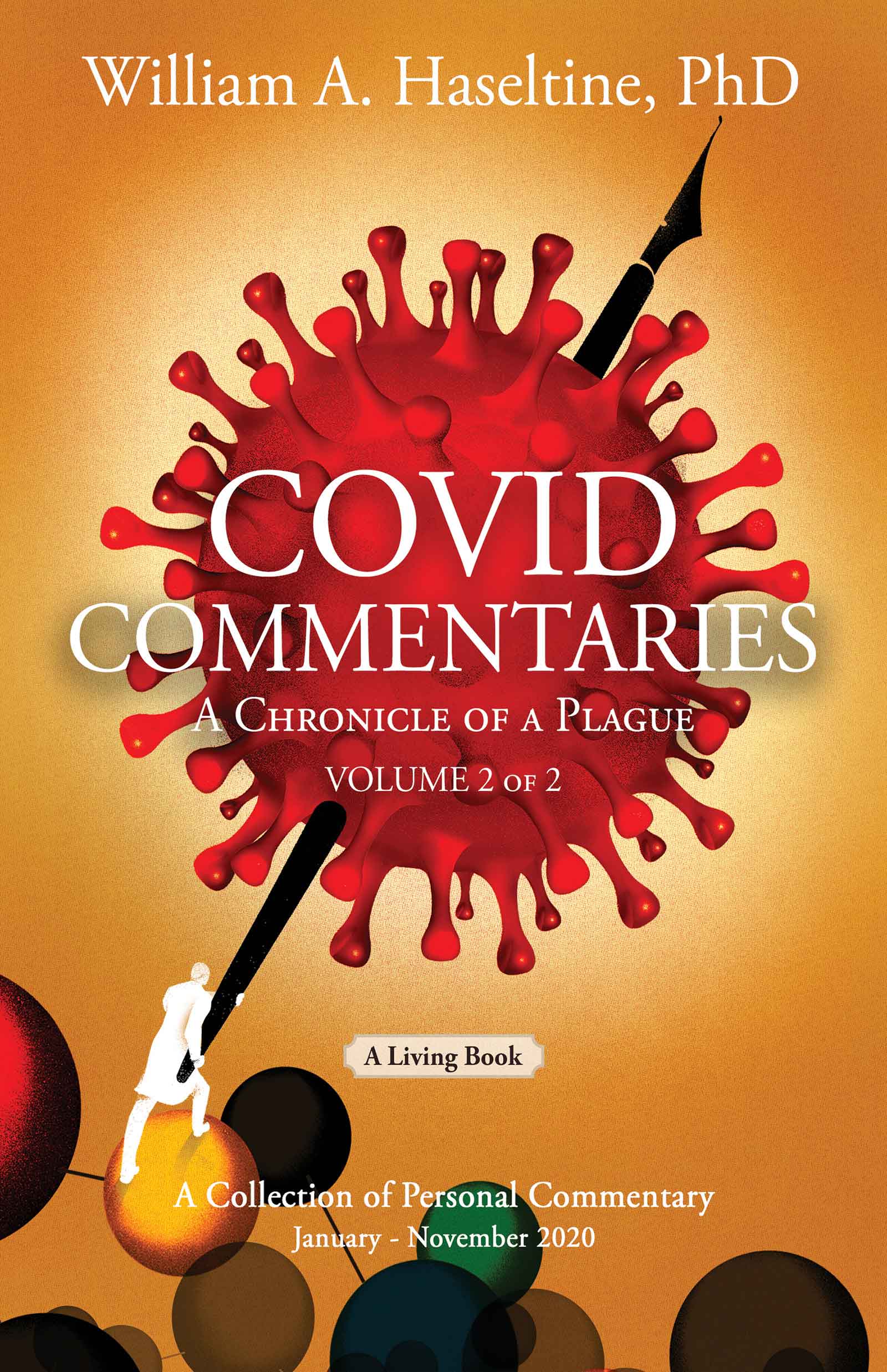
Covid Commentaries Vol 2
In early 2020, rumors of a new pneumonia-like illness coming from Wuhan, China were just beginning to emerge. COVID-19 has gone on to infect at least thirty five million people worldwide and has killed more than one million.
The COVID Commentaries is a collection of Dr. Haseltine’s writings, research and interviews on COVID-19. It is a Living eBook, updated regularly with new information on the disease and our response, as it unfolds. It is organized into four parts, spread across two volumes. The first contains his published commentaries and social media posts on the outbreak, providing a quick, spur of the moment glimpse into his thinking day to day. The second section includes his interviews with scientists, economists, parents, grandparents and children that have informed my thinking and understanding of the virus and its disease. The third part provides links to his media interviews and mentions in news articles. The final section is a robust assemblage of links to COVID-related news, medical and scientific research papers, webinars and online resources from other organizations.

Covid Commentaries
After a lifetime spent in science, medicine, and pursuing better public health, Dr. Haseltine is once again logging eighteen-hour days battling a new and still somewhat unknown disease. His opinions on the course of the pandemic are sought regularly by major broadcast news networks and print media. The COVID Commentaries is a collection of Dr. Haseltine’s writings, research, and interviews on COVID-19.

My Lifelong Fight Against Disease
For the first time, Dr. Haseltine tells his life story—which is still unfolding—in My Lifelong Fight Against Disease, including facing devastating public health crises such as the COVID-19 pandemic, and highlighting exhilarating moments of medical discovery. In writing the story of his wide ranging career, Dr. Haseltine’s goals are simple: to encourage the next generation to make their own significant contribution to human life, and for all readers to appreciate science as a humanistic enterprise.
A compulsively readable and fast-paced insider’s account of some of the most brilliant medical breakthroughs in modern history, My Lifelong Fight Against Disease is a candid, evocative, and ultimately revelatory exploration into what it means to make science your life.
The book will be available on Amazon.com this fall.

ACCESS Health International 2007 – 2017
“Our first ten years have exceeded my best hopes and aspirations. I believe we have made an impact on government policies and care practice on a global scale.”
—William Haseltine
This book offers a summary of the first ten years of ACCESS Health International, from its beginning as an organization with a single office in Hyderabad, India to one with activities in many of the major cities of the world, including New Delhi, Singapore, Beijing, Shanghai, Manila, Stockholm, and New York.

A Family Guide to Covid
In A Family Guide to Covid, William A. Haseltine answers tough questions about Covid-19 honestly, with equal measures of clarity and compassion. It is written especially for those who are faced with the difficult task of not only protecting themselves, but of protecting their families, their children, their spouses, and their parents.
Split into two sections, the first section seeks to give answers to questions that children and grandchildren may ask. The second section provides short answers to many of the difficult questions adults from ages 18 to 100 ask themselves to understand this new reality.
As our understanding of Covid-19 evolves, so too will this book. When a purchase is made, readers will be given entry to a password protected section of Dr. Haseltine’s foundation’s website. There, readers can download subsequent editions freely and have the most up to date answers to the most critical Covid questions of the day.

Affordable Excellence
Published in 2013, Affordable Excellence: The Singapore Healthcare Story: How to Create and Maintain Sustainable Healthcare Systems, presents Haseltine’s and ACCESS Health International’s systematic study of the Singapore healthcare system and how the country plans to confront the growing impact of demographic change on the healthcare system, the economy, and the city. The book includes a detailed description of the current healthcare system: its origins, its finance, and its performance.

Aging Well
Aging Well: Solutions to the Most Pressing Global Challenges of Aging is an open access book that outlines the challenges of supporting the health and wellbeing of older adults around the world and offers examples of solutions designed by stakeholders, healthcare providers, and public, private and nonprofit organizations in the United States. The solutions presented address challenges including: providing person-centered long-term care, making palliative care accessible in all healthcare settings and the home, enabling aging-in-place, financing long-term care, improving care coordination and access to care, delivering hospital-level and emergency care in the home and retirement community settings, merging health and social care, supporting people living with dementia and their caregivers, creating communities and employment opportunities that are accessible and welcoming to those of all ages and abilities, and combating the stigma of aging. The innovative programs of support and care in Aging Well serve as models of excellence that, when put into action, move health spending toward a sustainable path and greatly contribute to the well-being of older adults.

Aging With Dignity
Aging with Dignity: Innovation and Challenge in Sweden – The Voice of Care Professionals is a study in the future of long term care through the lens of the Swedish healthcare system. It is based on a series of interviews ACCESS Health conducted with more than thirty long term care professionals in Sweden.

A Covid Back To School Guide: Questions and Answers for Parents and Students
A Covid Back To School Guide: Questions and Answers for Parents and Students answers the most pressing question facing parents and students today—is it really safe to go back to school?
Answering that question will never be simple, at least not until the pandemic is over, but A Family Guide to Covid provides insight that might make the choice a little easier. In the book, Dr. Haseltine walks readers through a simple three step rule of thumb that every family can use to come to the decision that is best for them: What is our student’s risk of becoming infected? What is our family’s risk of severe illness? And is our school doing enough to protect students from an outbreak on campus?
Each chapter of the book is followed by a series of questions and key takeaways to help parents and students evaluate their risk—questions to ask themselves, their school administrators, and their local leaders. While the question of going back to school is not a simple one, this book simplifies the steps needed to arrive at an answer.
Like A Family Guide, the Back To School Guide is a living book that will be updated as our understanding of the disease and the nature of the outbreak changes. When you purchase a copy of the book, either in print or online, you will receive a special passcode that will give you online access to every subsequent edition of the book, as it is released. The first edition of the book is focused primarily on public schools serving students from kindergarten to grade 12. Subsequent editions will address the unique challenges students attending private schools and colleges will face.

Every Second Counts
Every Second Counts tells the story of the largest emergency services provider in the world. The Emergency Management and Research Institute (EMRI) launched in 2005 in a single state in India, Andhra Pradesh. Today, it operates in seventeen Indian states and territories and serves a population of more than seven hundred million. Each day, the emergency system receives one hundred and fifty thousand calls and responds to almost twenty five thousand emergencies. The service is free to the user and costs EMRI less than $15 USD per emergency, less than one percent of what an emergency call costs in the United States.

Voices In Dementia Care
Dementia takes a toll on every person it touches, the person living with dementia, their loved ones, caregivers, family and friends. There is no telling when or whom it will hit. The effect of dementia on families is immense. The impact on societies is even greater.
Voices in Dementia Care is based on a series of interviews with dementia care experts across Europe and the United States. It captures the voices of these care professionals as they describe the challenges of delivering high quality dementia care with limited resources. The book also provides a critical analysis of best practices that can be adapted and applied by both institutional and home care providers.

World Class
World Class offers an inside view into the remarkable turnaround of an underperforming medical center in New York City into a world class institution. Ten years ago, NYU Langone Health was losing tens of millions of dollars and ranked in the bottom third of academic medical center hospitals for quality and safety. Today, the medical center delivers world class patient care and generates a substantial surplus.
In World Class, scientist, businessman, and expert in biotechnology and healthcare system development Dr. William A. Haseltine showcases NYU Langone Health as an inspiring model for all business leaders to emulate. Using real world conditions to highlight the information science and requisite interpersonal relationships needed for business transformation, World Class provides universal lessons for policymakers and leaders in all fields.
“This story gives management and leadership in any industry the template by which to ensure their businesses thrive and flourish, even when in the midst of the most dire circumstances.”
—Jack Welch, former CEO and Chairman of General Electric

